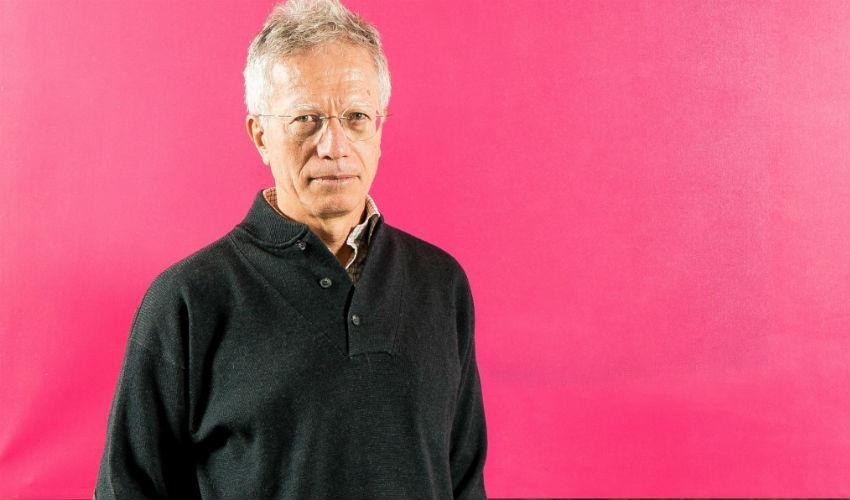
A ERC Grant to Tabellini to Understand Why European Integration Is So Slow
THE HYPOTHESIS IS THAT THE DEFENSE OF CULTURAL IDENTITIES IS NOT ENOUGH TO EXPLAIN THE RESISTANCES. NATIONALISM, PROTECTIONISM AND AVERSION TO MIGRATION AND GLOBALIZATION SEEM TO PLAY A ROLEGuido Tabellini has been awarded with another ERC Advanced Grant. The professor of Economy and holder of the Intesa Sanpaolo Chair, who has already won a European Research Council grant in 2008 for How do values influence the functioning of institutions and the effects of policies?, was awarded 1,276,250 € for the project European Integration and Populism (EUROPOPULISM). The funding is provided over five years. The project will start next summer, hosted by IGIER – Innocenzo Gasparini Institute for Economic Research. It will investigate the root causes of the resurgence of Euroscepticism. “We will apply behavioral economics in a political context”, the principal investigator says.
The research project is divided into two parts. The first part will address the difficulty to achieve further political integration amongst European countries. The traditional approach presumes that integration is the result of a tradeoff between economic benefits and a loss of cultural diversity. This idea will be tested using data sources such as the European Value Surveys, the European Social Survey and the Eurobarometer. “According to the first results, cultural heterogeneity is not slowing down the process of integration”. A comparison between EU and US data will be made. “The data available so far suggest that there is not much difference in the degree of cultural heterogeneity”.
The hypothesis is that the primary obstacles to integration are national identities and other features associated with populism such as protectionism and aversion to migration and globalization. These themes are at the core of the second part of the project, a mix of theory and empirical analysis. “We will use behavioral economics to take into account deviations from the rational choice model. We will test the correlation between the vote for populist parties and the characteristics of individuals and the geographical area they live in”.
The project will also take into account the role of national institutions. In a intergovernmental system, citizens of each country delegate local politicians to engage in negotiations between governments. “Citizens urge politicians to defend the national interest, thus pushing them to show that they have got a good deal. This mechanism reinforces nationalistic tendencies within countries, creating barriers to integration”. The role of the financial crisis will be addressed too. Not surprisingly, data show that the crisis has exacerbated populism and nationalism. “We would like to document how and why it happened”.
The principal investigator will be joined by two other Bocconi faculty members in some part of the project. Fausto Panunzi and Nicola Pavoni will deal with populism and moral hazard. Populist politicians generally have no experience in government and, being anti-establishment (political, social and academic), they promote non-conventional policies. Populism is a risky political gamble.
by Claudio Todesco
